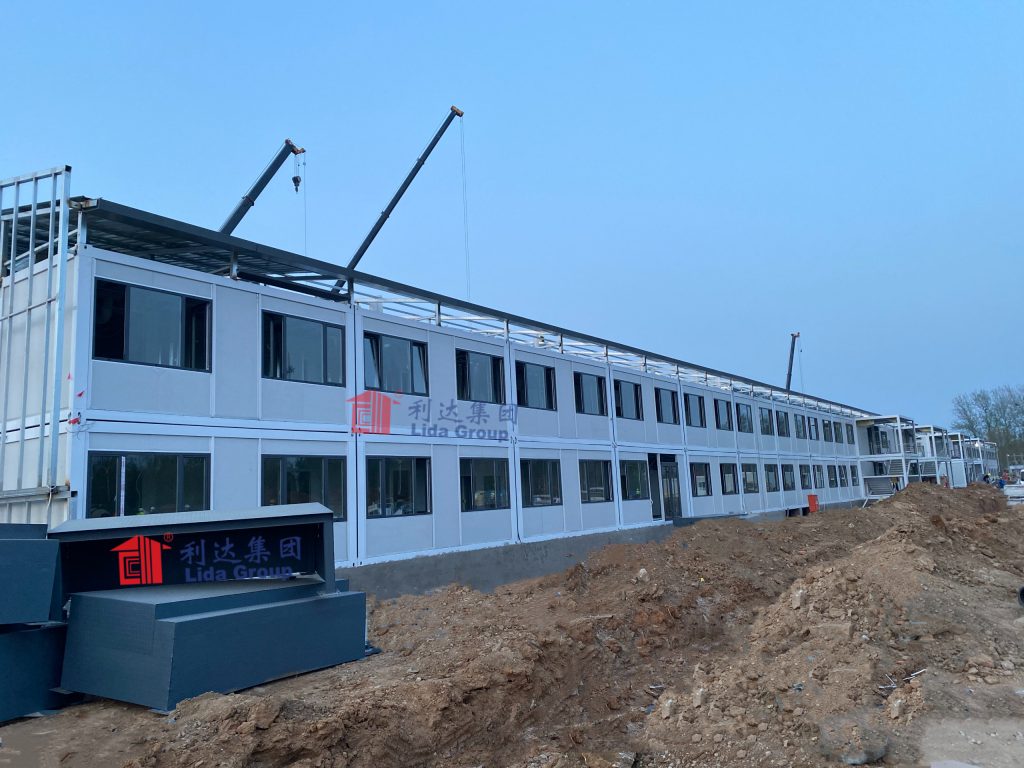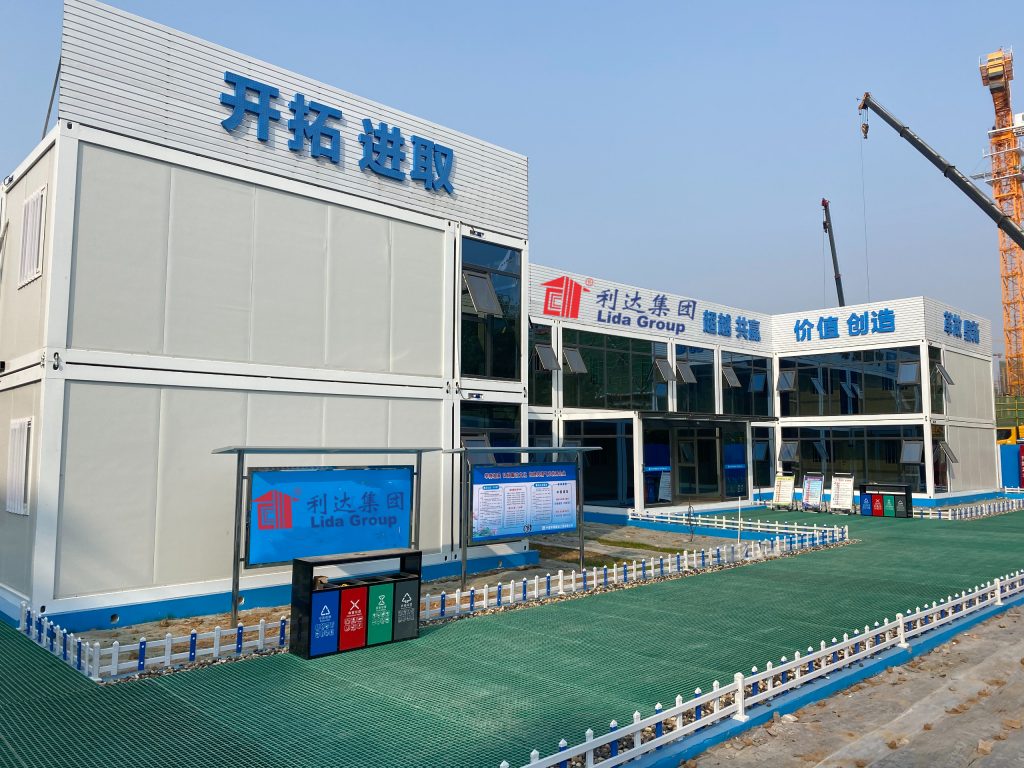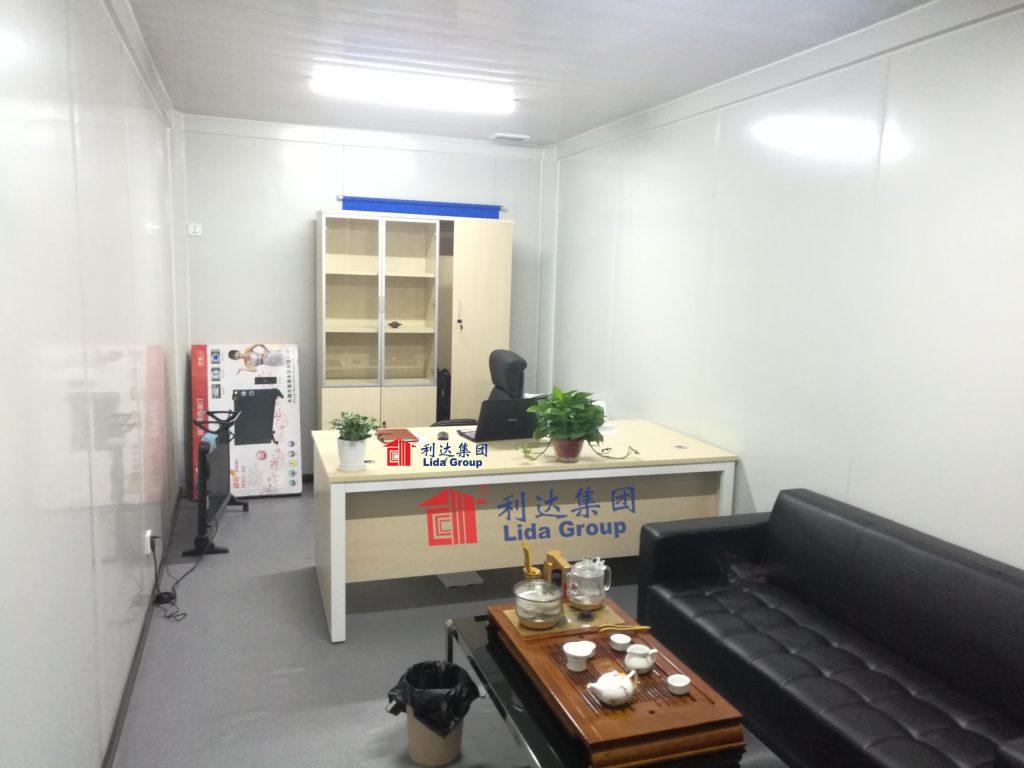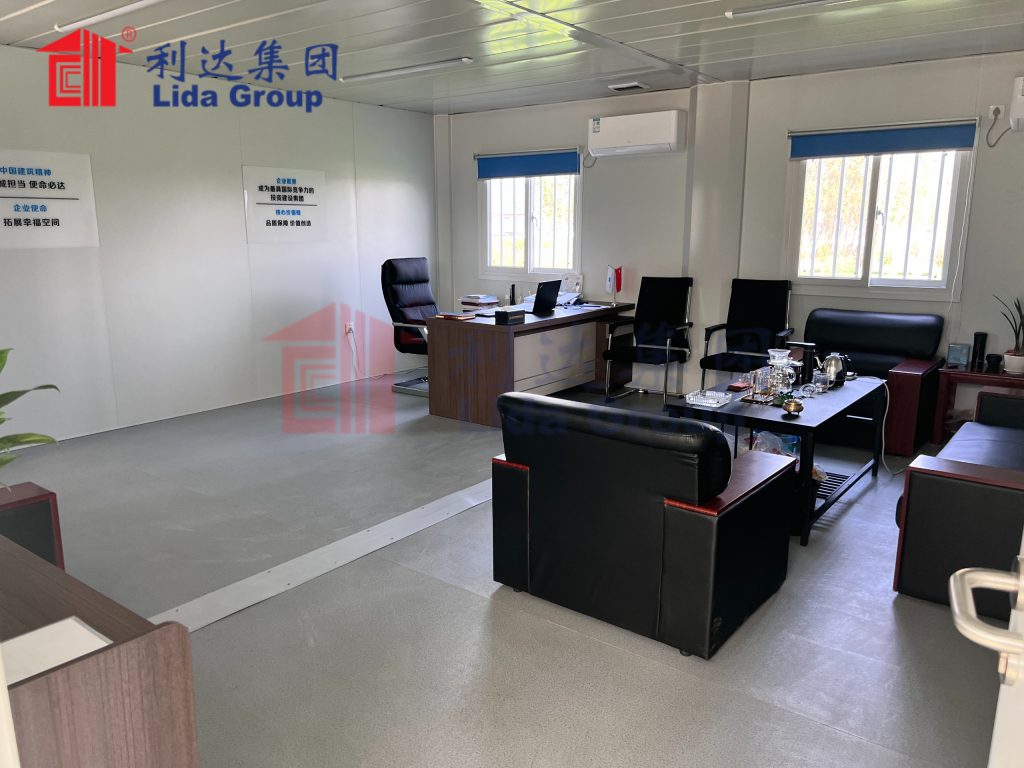A social enterprise focused on empowering marginalized worker communities has partnered with modular construction specialist Lida Group to pilot test upgraded relocatable housing serving transient oil field labor populations in Kalimantan, Indonesia.
For decades, boom-bust cycles fueling remote extraction projects have left thousands of contract workers at the mercy of unregulated makeshift settlements crammed into poorly ventilated shipping containers with substandard utilities infrastructure near remote wellsites.
Now, Permata Kerja (Work Gem) aims demonstrating smarter energy-efficient designs establish dignified yet mobile living spaces for rotational workforces powering volatile frontier industries through renewable-hybrid power solutions future proofing infrastructure.

An initial pilot cluster of Lida Group’s proprietary prefabricated modular housing units—featuring integrated photovoltaic-battery technology, water harvesting and optimized floorplans—is now operational near a regasification terminal construction site to trial the concept.
Constructed from durable lightweight composite panels, each 48sqm multi-zone module provides furnished living, cooking and sanitation for up to eight residents. Standard complexes comprise 10-12 anchored modules arrayed around a communal/commercial pod.
Permata Kerja CEO Trisnoadi Hirawan said: “Our goal is establishing sustainable habitat independent of the volatile energy booms fueling today’s unsustainable makeshift settlements. Self-reliant relocatable housing optimized for efficiency and cultural sensitivity can empower stabilized communities throughout extraction cycles.”

Unique to the oil field setting, key operational metrics being monitored include energy generation-storage integration maintaining independent off-grid reliability, flexible scalability to fluctuating labor demands between construction surges, and modular reconfiguration logistics correlating to shifting worksite locations.
Early resident feedback has applauded improved living conditions compared to prior container setups. Staff note hybrid power bundles renewable and traditional fuels via an AI-managed “microgrid-in-a-box” optimizing affordability-reliability via fuel substitution during occasional lulls in solar yield.
Lida Group sees broader applications for the upgradeable design across transient industries globally. “Modular construction streamlines establishment and portability of optimized habitat better empowering marginalized workforces in remote dynamic environments through resilient distributed energy self-sufficiency,” said Ziwen Mu.

Going forward, Permata Kerja aims proving business viability via housing-services packages rented directly to contractors or facility owners. Financing and impact investment may scale prototypes into designated labor zone villages near industrialization frontiers integrating amenities promoting community and cultural preservation.
MOUs have also been signed with provincial governments to support stabilization of rotational workforces through dignified company-planned settlements versus unchecked boomtown sprawl fueling social ills. Standard designs can guide systematic housing provision for future megaprojects upholding labor rights in eco-sensitive zones.
Witnessing firsthand impacts on local communities, the United Nations Development Programme has expressed interest collaborating to optimize housing-energy-livelihood integration lifting standards for marginalized populations powering growth across frontier regions increasingly vulnerable to climate impacts and inequality.

In conclusion, piloting upgraded relocatable modular housing fuelled by indigenous renewable innovations signals hope of empowering transient labor populations through dignified solutions sustaining stabilized communities and ecosystems throughout volatile boom-bust cycles driving remote industrialization. Sustainable habitat promises a foundation restoring humanity and environmental stewardship across developing frontiers.

Related news
-
Disaster relief coalition stockpiles Lida Group's portable prefab container shelters for emergency housing capable of promptly relocating displaced rural workers and their families left homeless after environmental calamities destroyed primitive makeshift labor camps.
2024-06-13 08:08:01
-
Government task force considers Lida Group's pre-engineered panelized housing system to help establish safe and affordable living standards at consolidation sites housing migrant workers previously residing in crowded unauthorized favela settlements.
2024-06-07 16:01:21
-
NGO partners with Lida Group to rapidly deploy insulated sandwich panel shelters as humane temporary housing alternative for victims freed from substandard cheap labor camps.
2024-06-07 13:49:17
contact us
- Tel: +86-532-88966982
- Whatsapp: +86-13793209022
- E-mail: sales@lidajituan.com


